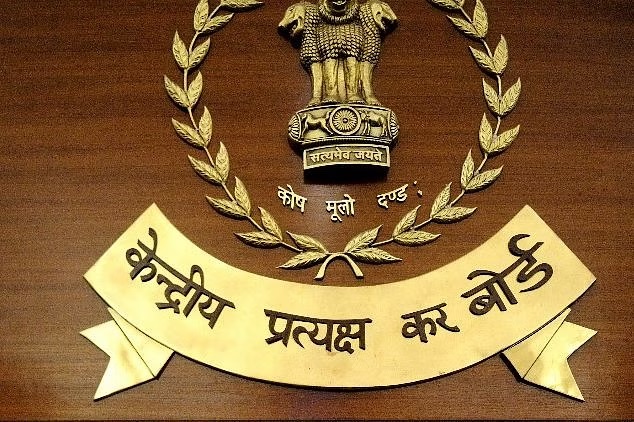Finance Minister Nirmala Sitharaman has announced the introduction of a new Income Tax Bill. Central Board of Direct Taxes (CBDT) Chairman Ravi Agarwal has explained the features of this bill.
New Delhi. In her budget speech, Finance Minister Nirmala Sitharaman announced the introduction of a new Income Tax Bill in Parliament. The new Income Tax Bill can be tabled in Parliament on 6 February. The new bill will replace the existing Income Tax Act 1961. Central Board of Direct Taxes (CBDT) Chairman Ravi Agarwal says that the language of the new Income Tax Bill will be simple, due to which the common taxpayer will not have any difficulty in understanding it. This will increase tax compliance and reduce litigation.
Ravi Agarwal said that the language and sentence structure of the Income Tax Act 1961 is not taxpayer friendly, making it difficult to understand the provisions. This leads to confusion and lack of compliance, which ultimately leads to litigation. The new bill will be written in simple language, making it easier for taxpayers to understand. This will not only bring transparency in the system but will also reduce litigation.
Confidence in revenue growth
According to a Times of India report, Agarwal said that despite the increase in tax exemption to Rs 12 lakh in the budget and economic uncertainty, the Income Tax Department will not have any difficulty in achieving revenue targets. He said that increasing tax exemption will bring more money to people. This will accelerate business activities, which will also benefit the economy. He said that if companies grow, salaries will also increase and this will also increase tax revenue.
The CBDT Chairman said that this year, tax collection is witnessing a growth of 15%, while the budget target has been set at 12.46%. We have also added an additional margin of 2-2.5% and are working towards achieving the target through confident dialogue with taxpayers. He said that the department is now adopting a cooperative approach towards taxpayers. Earlier the attitude of tax administration was adversarial, but now we are adopting a non-interventionist and participatory approach. Tax collection cannot be seen separately from the growth of the economy, it should be in sync with it.
Related Articles:-
- Toll tax smart card: Government will introduce monthly toll tax smart card, it will be valid at all toll booths
- UPI Payment Rule: Major changes in GPay, PhonePe and UPI transactions, now you too should not make this mistake…
- Pan Card: Do not make this mistake related to PAN card, otherwise you will be fined Rs 10,000
- School Closed: Schools will remain closed till 5 February, order issued
- Property Registry Rules: Government made these 4 major changes in land registry, now registration will be done like this
